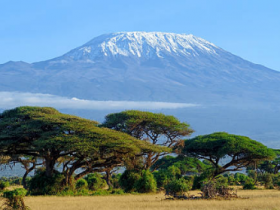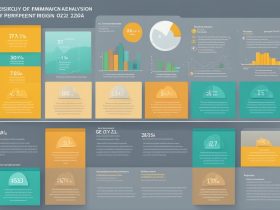Tanzania Work Permit fees structure;In this post, we will explore the fee structure associated with obtaining a work permit in Tanzania. A work permit is a document that allows individuals from other countries to legally work and reside in Tanzania for a specified period.
Understanding the fees involved is essential for anyone considering working in Tanzania.
The process of obtaining a work permit comes with various costs, including application fees, processing fees, and renewal fees. These fees are set by the Tanzanian government and can vary based on factors such as the type of work permit, the duration of stay, and the nationality of the applicant.
It’s crucial to have a clear understanding of these costs to ensure compliance with immigration regulations.
Knowing the Tanzania work permit fees structure is a critical part of planning for employment in the country. It allows individuals and employers to budget for the necessary expenses and ensure a smooth transition into the Tanzanian workforce.
This post will delve into the details of the fees structure to help individuals make informed decisions regarding their work permit application.

Application Process
To access the Online System for application of Work/Residence Permit, applicants are required to visit the Prime Minister’s Office – Policy, Parliament, Coordination, Labour, Youth, Employment and Persons with Disability official website: www.kazi.go.tz OR the Immigration Department official website: www.immigration.go.tz and click the link which will allow them to start application process. The following is a complete application process for Work and Residence Permit:-
- 1. Applicant is required to register to the Online Work/Residence Permit Application System using his/her existing email or create a new email.
- 2. The applicant will then be required to create an account in the System by filling his/her names and details of a company or institution that seeks to employ him/her.
- 3. In the same window, the applicant is required to create a password which will be used to log into the System any time when applying for a new permit and making follow up on already submitted application.
- 4. Then the applicant will submit the details by clicking the SUBMIT button and the account shall be created.
- 5. The Applicant will then be in a position to log in the OWAIS and continue filling out an Online Work/Residence Permit Application Form.
- 6. After filling out the Application Form, the applicant will submit the same electronically by clicking the SUBMIT button.
Tanzania Work Permit fees structure
Here is a table outlining the Tanzania Work Permit fee structure:
| Work Permit Class | Non-Citizens Concerned | Fee (US Dollars) | Maximum Time of Working in Tanzania |
|---|---|---|---|
| A | Investors or self-employed | 1,000 | Beyond 10 years/as long as business exists |
| B | Non-citizen in possession of prescribed professions | 500 | 5 years |
| C | Non-citizen in possession of other professions | 1,000 | 5 years |
| D | Non-citizens employed or engaged in approved religious or charitable activities | 500 | 5 years |
| E | Refugees | Gratis | N/A (No cost for refugees) |
Conclusion
To summarize, understanding the Tanzania Work Permit fees structure is essential for individuals from other countries looking to work in Tanzania. These fees vary depending on the type of work permit and the nature of employment. Having a clear picture of these costs is crucial for proper planning and compliance with immigration regulations.
Knowing the fees for each work permit class enables individuals and employers to budget appropriately for their employment arrangements in Tanzania. This planning ensures that the necessary expenses are covered, and the work permit application process proceeds smoothly. It is an important step in preparing for employment in Tanzania.
The Tanzania Work Permit fees structure helps open doors to employment opportunities for non-citizens, whether they are investors, professionals, or individuals engaged in religious or charitable activities. By understanding the costs and adhering to the regulations, individuals can pursue their work aspirations in Tanzania, contributing to their personal growth and the country’s development.









Leave a Reply
View Comments